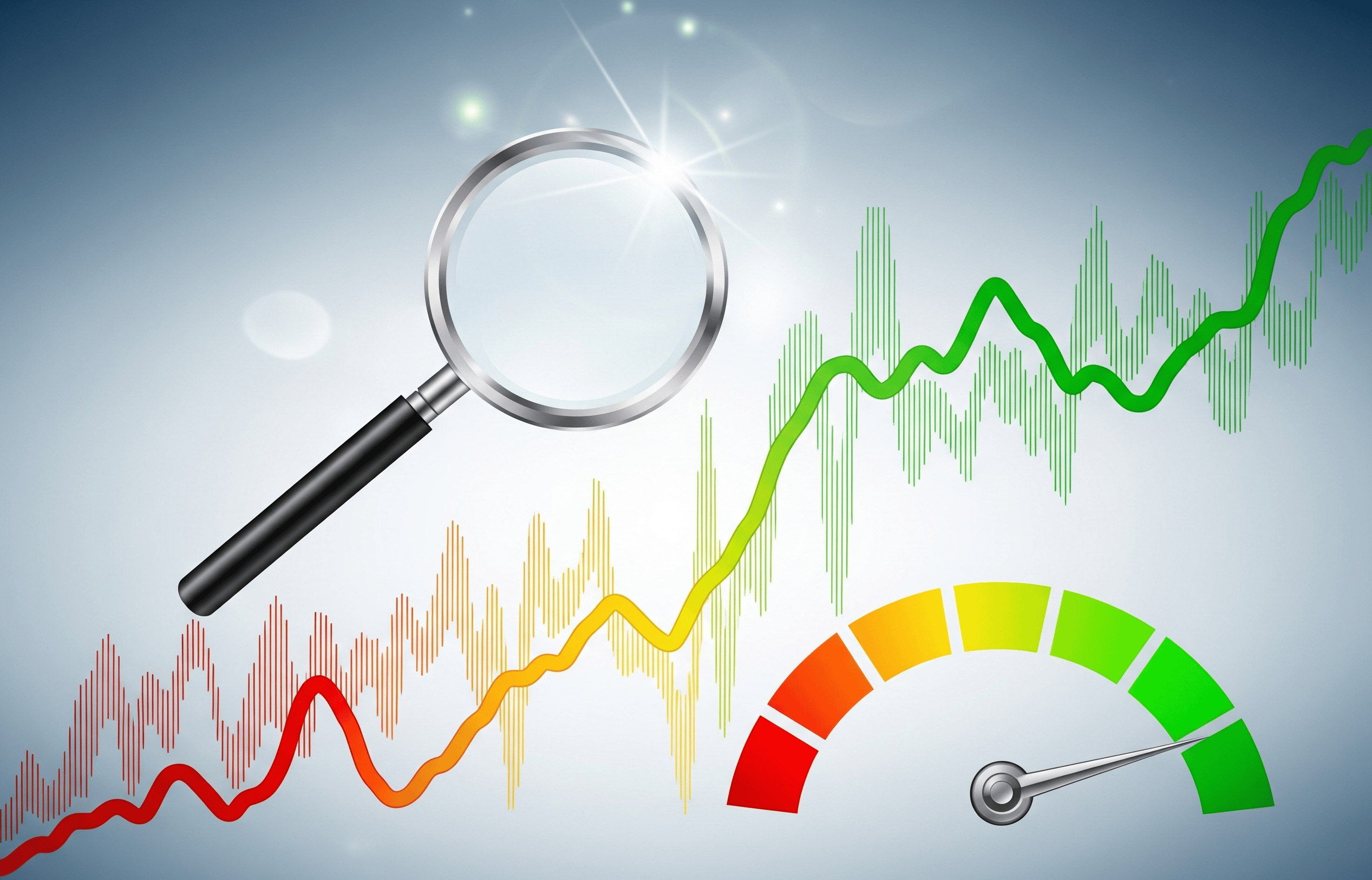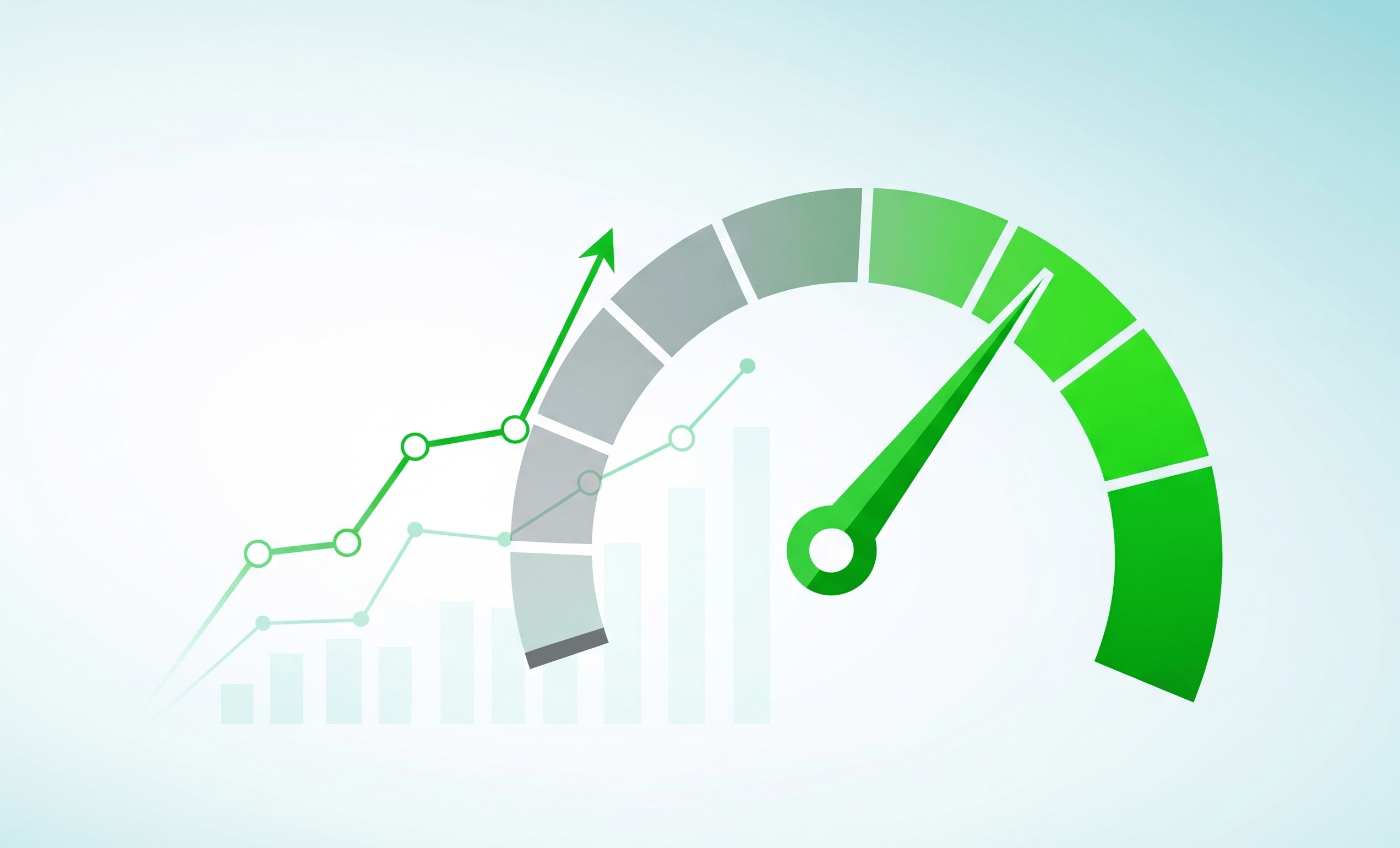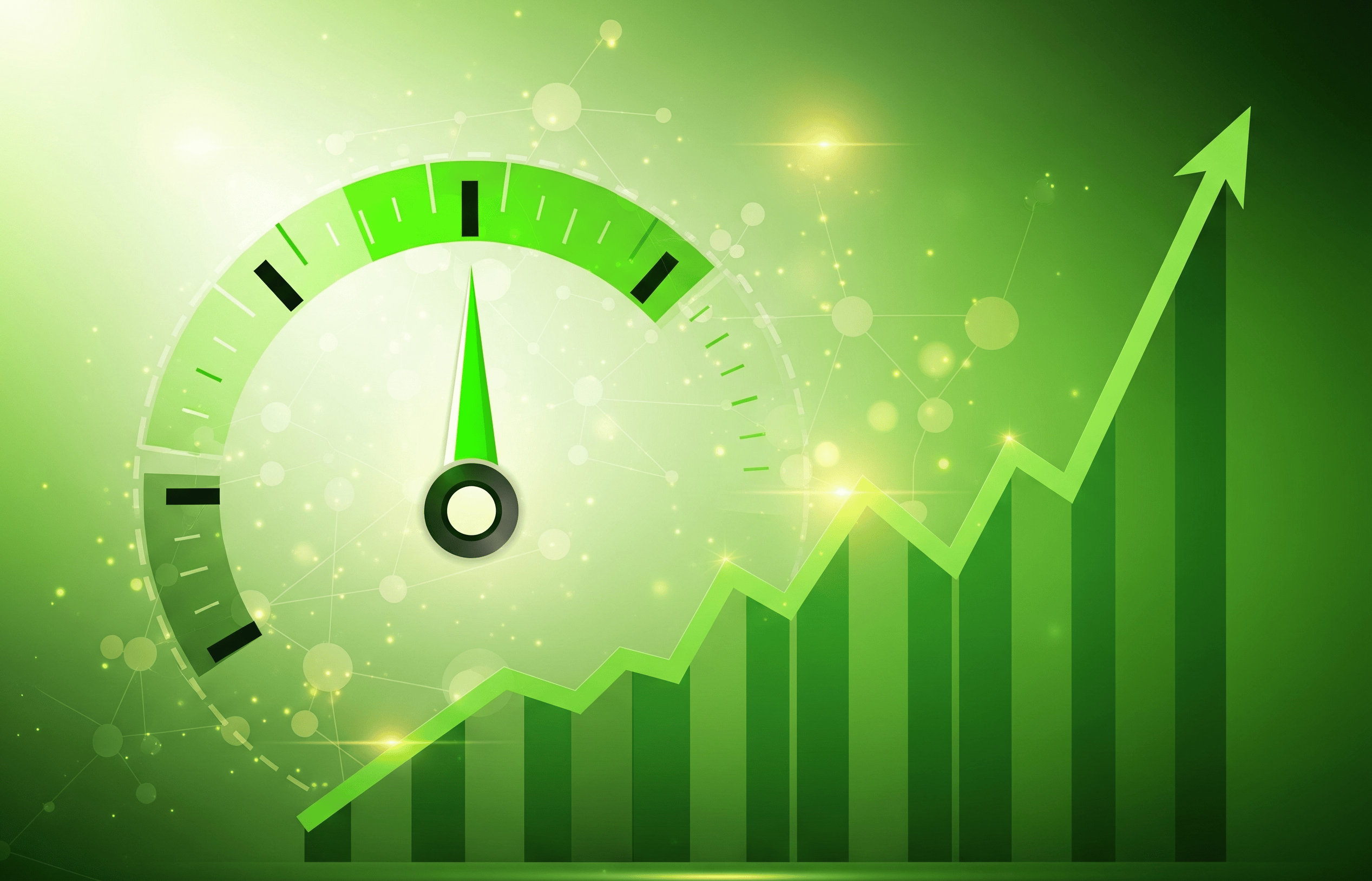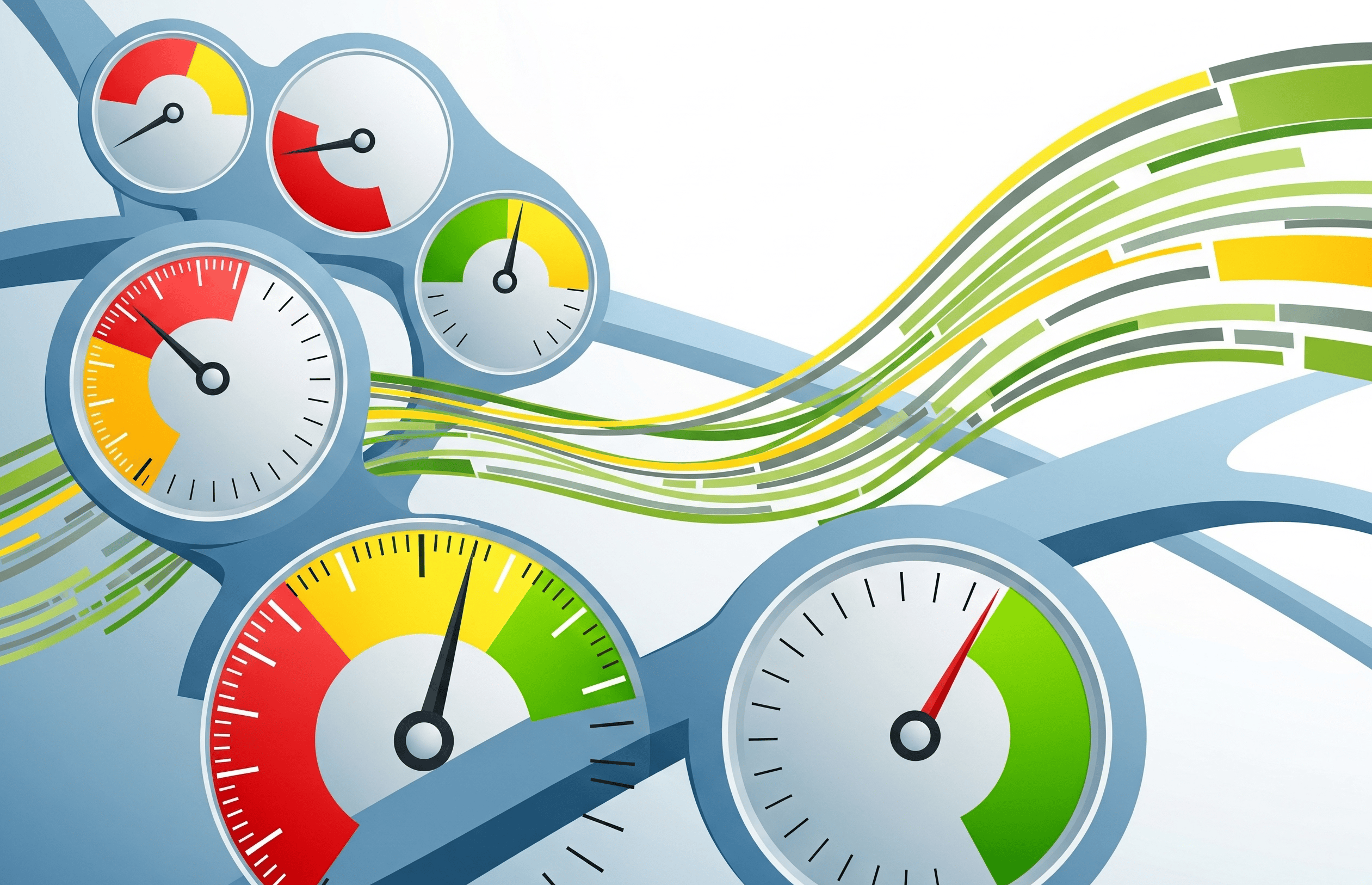Does Adding A Credit Card Affect Your Credit Score?
by
December 23, 2022

The average American has four credit cards. However, that doesn’t mean you need to rush out and apply for all of the cards you qualify for. After all, adding a credit card to your mix of credit can affect your credit score, both positively and negatively.
Are you curious about how adding a credit card to your wallet can affect your financial identity? We’re here to provide some insight into the impact of signing up for (and using) a credit card.
It may go without saying that having access to extra funds can be beneficial and convenient, but just how will taking out a new line of credit affect your overall financial well-being? Let's explore!
How Does Adding a Credit Card Impact Your Credit Score?
Getting a new credit card can have an impact on your credit score. Does this mean that applying for a credit card hurts your credit? Not necessarily.
Whether it’s a positive or negative effect depends on how responsibly you use the card and maintain your payments. Ultimately, getting a new credit card can have implications for where your score ends up — just ensure that if you do take out an additional card, use it wisely! Here are a few things to look out for.
How Adding a Credit Card Improves Your Credit Score
How does adding a credit card improve your credit score? By adding a credit card, you're essentially adding a line of credit in your name. This is seen by lenders as an indication that you can responsibly manage multiple forms of debt, which demonstrates your trustworthiness and could lead them to believe you'll pay back any loans they provide.
Other benefits of adding a credit card to your wallet that have credit-boosting effects include:
- Lowering your credit utilization rate. By adding a new card, you can increase the total amount of credit currently available to you simply by adding another line of approved credit. Additionally, adding a new card allows you to spread out charges that would otherwise be put on one card which can further help reduce the ratio of debt to total available credit.
- Diversifying your credit mix. Credit mix is simply the variety of types of debt you have on your credit report, like car loans, mortgages, and credit cards. Having a diverse line of crediting lending sources will demonstrate to lenders that you are adept at managing multiple types of debt responsibly and successfully. Adding a new credit card can create more opportunities for you to show lenders than if all you had was, for example, just one car loan.
- Helping you improve your payment history. With the help of a credit card, you can improve your credit score by making payments on time and in full or keeping track of small monthly purchases and paying them off in full each month. If you don’t have a good history of on-time payments, this method can help show that you are now a responsible borrower.
It’s important to keep in mind that adding a credit card requires both mindful spending and repayment habits, but adding one can help you achieve greater diversity in your overall credit profile and improve other factors that affect your score.
How Adding a Credit Card Hurts Your Credit Score
How does getting a new credit card hurt your credit? By increasing the amount of available credit in your name, lenders may view you as a greater risk. Their main concern is you not being able to pay back all your debt. This is why you might see that your credit score dropped 100 points after opening a credit card.
While the dip in your score is usually temporary, here are some causes behind why your credit score drops when opening a new credit account:
- Lowers your average age of credit history. Getting a new credit card can lower your average age of credit history since it is tracked every month. Your average is based on the average length of time that all your open accounts have been established. If the accounts were opened recently, then that lowers the average.
- Counts as a hard credit pull. Adding a credit card to your financial toolbox usually counts as a hard pull. A hard pull on your credit report can ding points from your score and affect future loan applications. From the lender’s point of view, multiple hard pulls can signal potential financial issues to lenders and hurt your chances of getting approved for loans in the future.
- Opens you up to missed payments. Whenever you open a new line of credit, you’re required to make timely payments to maintain good credit. If you fail to make the repayment on time, your credit score will suffer due to missed payments and negative marks appearing on your report.
Keep in mind that these factors typically only have a temporary effect on your credit score. However, if you miss payments for that new credit card, you risk affecting your score long-term (up to seven years).
How Many Credit Cards Is Too Many?
It can be tempting to have a wallet full of credit cards, but too many cards can be dangerous. The first thing to consider is what you need the credit for and how much you'll be able to take on.
Having several cards for different uses and points system rewards is fine, so long as you are comfortable managing all of them at once. It's also important to watch out for fees associated with having multiple cards and make sure none of your credit limits are overused.
Ultimately, it's a balance between security, convenience, and use that should guide how many credit cards you have. If you find yourself unable to manage your debt or struggling with credit utilization rates due to having too many cards, it's likely time to reassess how many you need.
Should you close your cards, then, or is it bad to close a credit card? What happens if you don’t use your credit card? Unless your credit card comes with an annual fee, nothing happens if you don’t use it. Therefore, it’s a great idea to keep card accounts open if you’re not using them.
Weigh the pros and cons first, though. Closing a credit card may help lower spending if you're trying to improve your financial habits since you won't have access to easy credit anymore.
However, it could hurt your FICO score (and VantageScore credit score) if you close an account with a long history of on-time payments. Also keep in mind that closing an account will reduce the amount of available credit and could increase your utilization rate, which is also not good for your score.
How to Manage Multiple Credit Cards
Handling more than one credit card can feel overwhelming, but it doesn't have to be if you are organized and careful. You will want to make sure you keep track of all monthly payments due, interest rates, and spending limits on each of your cards.
Additionally, follow these tips:
- Read the terms and conditions. Always read the terms and conditions thoroughly when accepting a new card, so you understand any fees or risks associated with using the card.
- Monitor your credit utilization rate. Make sure you don't exceed the total combined balance limit across all of your cards since this can very quickly lead to a debt cycle you might not recover from easily.
- Set up automatic payments. As long as you can ensure you have the money in your accounts to cover the payments, this is the most effective way of staying on top of your payment history.
Managing multiple credit cards doesn't have to be intimidating as long as you stay informed every step of the way.
What Credit Score Do You Need to Get a Credit Card?
If you’re looking to apply for a credit card but aren’t sure what credit score you need, the answer is that it depends on the type of card you are looking to get. Generally speaking, you need at least good credit (a score of around 660 or higher) to have the best chances of being approved for most cards.
What to Do If You Can’t Get a Credit Card?
Don’t have the credit score you need to qualify for a great credit card? Those with a lower score or poor credit still have options such as secured credit cards which are meant to help build credit or rebuild your credit if it's already been damaged.
Regardless, if you’ve been denied a credit card, your three main options include the following:
- Get added as an authorized user. Generally, the added person will receive all the same benefits as if they were the primary cardholder (such as access to rewards and discounts) without being held responsible for any associated payments. Additionally, your credit score can benefit by having this added source of open credit added to your report. All in all, this added level of trust shows potential lenders that you’ve been trusted with successfully handling credit in the past, helping you qualify for loans and other forms of financial assistance in the future.
- Get a secured credit card. This type of card requires a deposit upfront, which acts as collateral and provides assurance to the lender that you’ll be responsible when making payments. This type of secured credit often has a lower minimum balance and secured funds are refundable once the contract ends. Making on-time payments and not exceeding the credit limit on secured cards can help build your credit history and score over time, making it much easier to get approved for a traditional credit card in the future.
- Get a credit builder loan. This type of loan helps you build credit history by providing you with a small loan that must be paid back within a certain period. Additionally, credit builder loans generally report to major credit bureaus which further adds positive information to credit scores as long as all payments are made in full and on-time. Ultimately, credit builder loans are beneficial for those looking to boost their credit score and achieve the goal of obtaining a great credit card.
Get a Credit Builder Loan From Cheers
Cheers' credit builder loan is the perfect way to start building credit. With loans as low as $500 and term lengths of 12 or 24 months, you can easily find a loan that fits your budget.
Plus, enjoy an even simpler credit-building process with our autosave feature. Rest assured throughout the loan period — just watch as your credit score steadily improves!
And when you're done, we'll send all the funds directly back to you. Sign up today and make credit-building a breeze with Cheers.
















